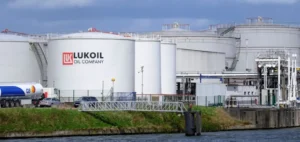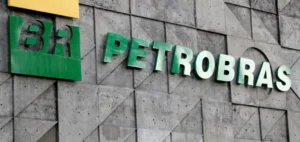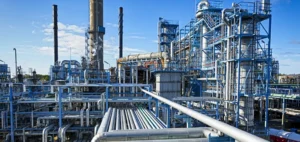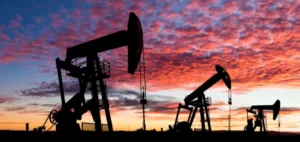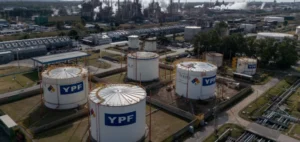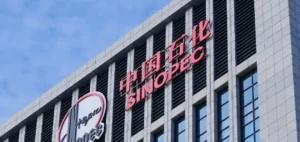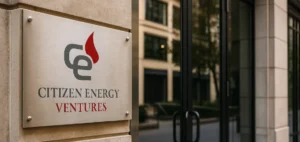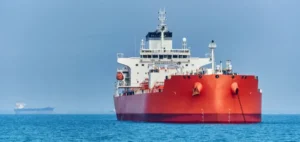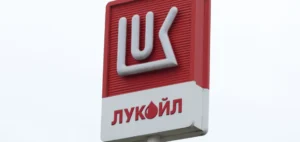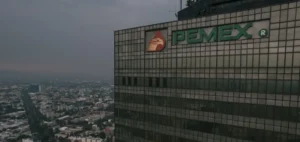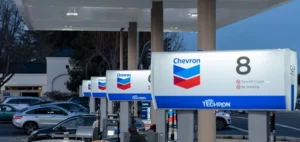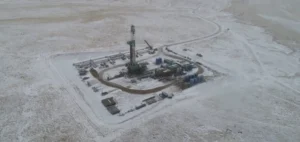Venezuelan President Nicolas Maduro stated that the oil fields operated by Chevron Corporation will remain active following the company’s departure, which is required to cease operations in the country by May 27. The move follows the revocation of Chevron’s licence by US authorities, announced by Donald Trump on February 26 as part of escalating sanctions against Caracas.
Chevron, which has long been active in several Venezuelan oil regions, has been working with the national company Petróleos de Venezuela S.A. (PDVSA). The firm contributes approximately 200,000 barrels per day to the country’s total daily production of 1 million barrels. Venezuelan officials have said production will continue uninterrupted, with operations to be handed over to PDVSA teams. “The workers have the capacity to keep these oil fields producing,” Mr Maduro stated during his weekly television broadcast.
PDVSA to ensure production continuity
According to the Venezuelan president, some PDVSA employees believe production could even increase in the coming weeks. He also stressed that all agreements signed with Chevron would be honoured despite the company’s exit, accusing Washington and the domestic opposition of having “harmed” the oil group.
Chevron’s temporary licence extension included a ban on any financial payments to the Venezuelan government. As a result, the company reportedly returned a volume of unsold crude to Caracas on April 11. This return was due to the company’s inability to proceed with any financial compensation, according to official statements.
Sanctions extended to other European firms
The US government has also revoked operating licences for several European groups active in Venezuela’s oil sector. Affected companies include Maurel & Prom (France), Repsol (Spain), and Eni (Italy), all of which will have to halt operations in the country. The decision comes amid rising tensions, with Donald Trump threatening a 25% tariff on countries importing Venezuelan oil or gas.
According to the US Energy Information Administration (EIA), Venezuela remains the third-largest oil supplier to the United States, after Canada and Mexico. Washington does not recognise Mr Maduro’s re-election in July 2024, an election the local opposition claims was fraudulent.



